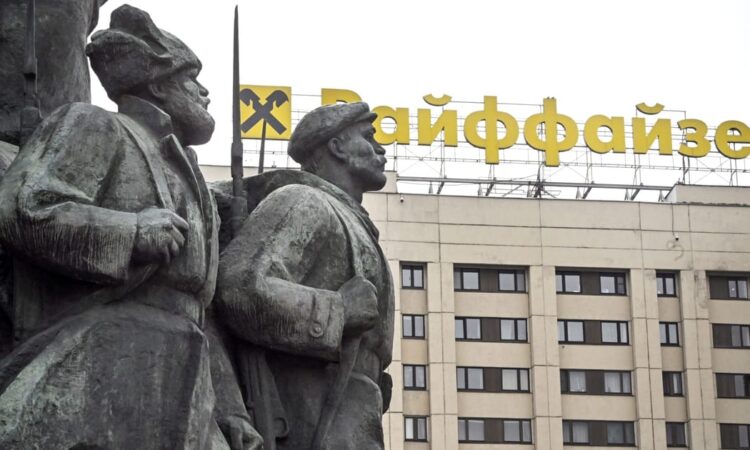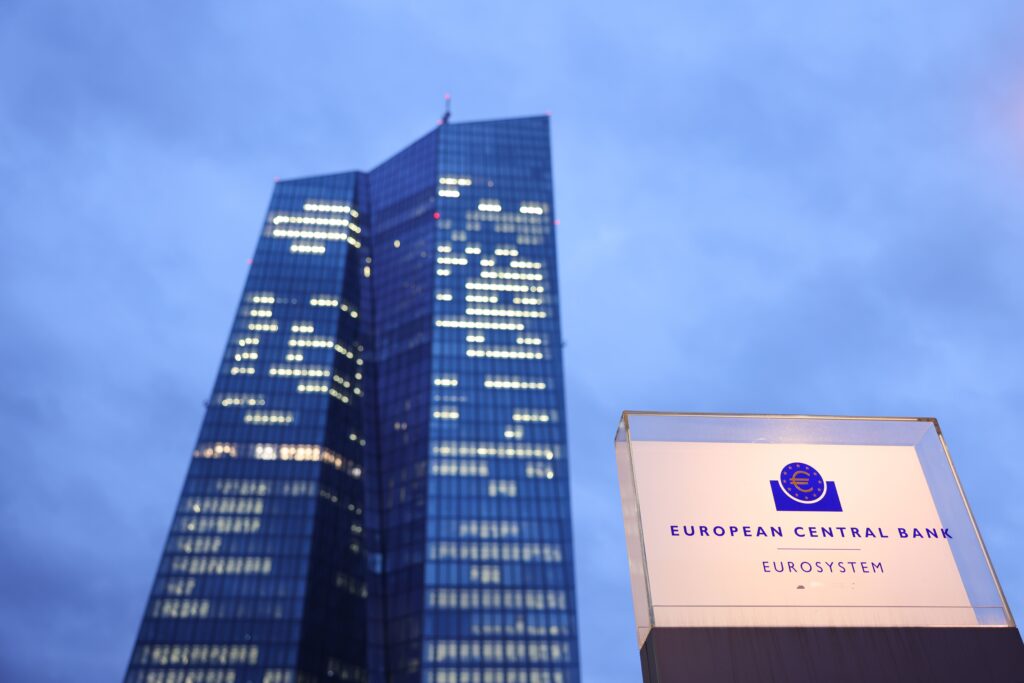
But the slowness of the sale process had frustrated regulators on both sides of the Atlantic. Earlier this year, Acting Assistant Treasury Secretary Anna Morris, responsible for sanctions enforcement, had warned Raiffeisen that it risked exposing itself to new sanctions powers that the Office for Foreign Asset Control had been given at the end of last year, in order to squeeze Russia harder.
Raiffeisen’s fate contrasts sharply with that of Société Générale, which within four months of the invasion had agreed to sell its local operation, Rosbank, to the Interros holding company of another metals tycoon, Vladimir Potanin. That deal was smoothed by the fact that SocGen and Potanin had jointly run Rosbank for years before 2022, whereas Raiffeisen had built its business up from scratch. And in contrast to Deripaska, Potanin was not on the sanctions list at the time — although both and Rosbank have joined it since.
ECB action ‘didn’t come out of nowhere’
The ECB declined to comment for this article, but Claudia Buch, who took over as chair of its Supervisory Board at the start of the year, said in March: “For the banks that are still there … we’ve also given them clear expectations on how we expect a downsizing of activities and exit strategies.”

In the months that followed Russia’s invasion in February 2022, the ECB had said little in public about what it expected from the banks operating there, beyond Andrea Enria (Buch’s predecessor) saying that reducing exposure was “the right thing to do.” The broader impact of the war on the European economy, and consequently on its banks, was a much more immediate concern for Enria at the time.
Letters to MEPs as far back as June last year suggest that the supervisor had already indicated it expected the banks to downsize in Russia sharply, warning of “reputational risks” for those who continued. Peterson Institute fellow Nicolas Véron noted the move reflects the fact that just staying in Russia in any shape now “represents a threat to a bank’s franchise and the integrity of its management.”
A person close to the process confirmed that the ECB’s latest move “hadn’t come out of nowhere.”





